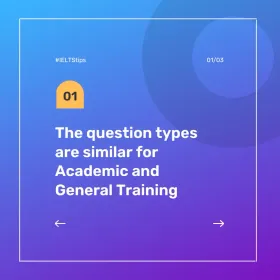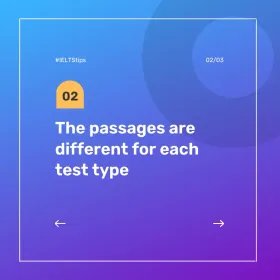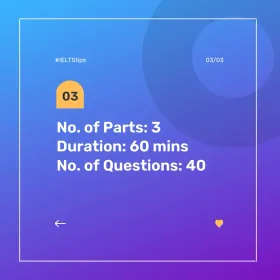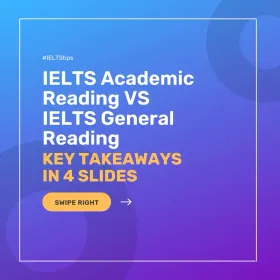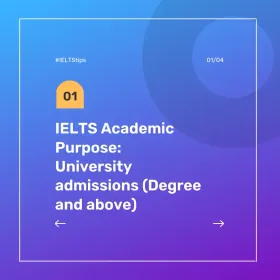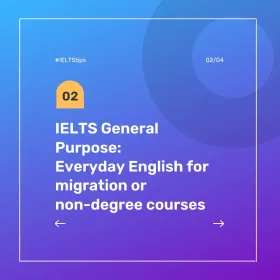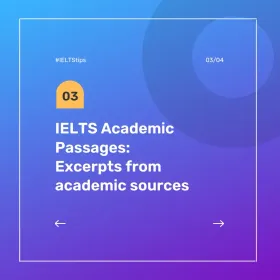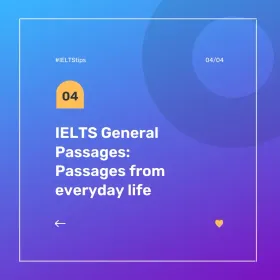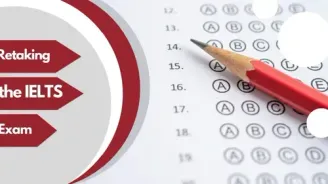IELTS General Writing Pattern
IELTS Writing comprises two tasks. You can use a semi-formal or conversational writing style for the IELTS General Writing test in both tasks.
Also, Task 2 is worth twice as much as Task 1.
The table below shows the IELTS Writing Pattern for a better understanding:
| Duration | 60 minutes |
| Number of Tasks | 2 |
| Types | General |
Here is what the tasks look like:
- Task 1: Write a letter
- Task 2: Compose a complete essay
Types | Min. word count | Duration | Description |
| Task 1 (General) | 150 | 20 minutes | Write a letter for a specific purpose |
| Task 2 (same on General and Academic) | 250 | 40 minutes | Talk about a social issue and give your opinion |
Some of the key points to understand the scoring criteria for IELTS General Writing are:
- Coherence and Cohesion: Organise your ideas logically and clearly with paragraph structure. Use linking words to connect different ideas and create a smooth flow of information.
- Task Achievement: Completely and accurately address all parts of the task, provide relevant details, and ensure that you fulfil the task's requirements.
- Lexical Resource: Use a wide range of vocabulary appropriately. Aim for accuracy and variety in your word choice to express your ideas effectively.
- Grammatical Range and Accuracy: Demonstrate your correct use of different grammatical structures. Aim for precision in your use of grammar to convey your message clearly.
Learn more about the upcoming IELTS Dates!
IELTS General Writing Test
The topics chosen in the IELTS General Training Writing test are generally of broad appeal and relevance.
In Task 1, you'll encounter a scenario and must compose a letter requesting information or explaining a particular situation. Depending on the context, you can craft the letter in a personal, semi-formal, or formal style. The topics in task 1 include writing to a friend, a business, or an official body
Wondering what is unique in IELTS Academic Writing test? Click here
For Example:
- Write a letter to a friend inviting them to an event.
- Write a letter to a company complaining about a faulty product.
In Task 2, you'll be tasked with writing an essay in response to a given point of view, argument, or problem. Here, you have the leeway to adopt a somewhat personal style in your writing.
For Example:
- Discuss the advantages and disadvantages of living in a large city.
- Do you agree or disagree with the statement that online learning is more effective than traditional classroom learning?
You will be asked to write at least 150 words for Task 1 and at least 250 words for Task 2. A certificated IELTS examiner will mark your IELTS Writing test. Task 2 is worth twice as much as Task 1 in the IELTS Writing test.
Here's a quick look at IELTS General Writing:
Aspect | IELTS General Writing |
| Purpose | General situations for immigration, and everyday contexts |
| Task 1 | Letter writing, e.g., to a friend or a complaint letter |
| Task 2 | Essay writing is often about personal experiences or opinions |
| Topics | Everyday life, personal experiences, general issues |
| Writing Style | Semi-formal, conversational |
| Test Duration | 60 minutes |
| Word Count (Task 1) | At least 150 words |
| Word Count (Task 2) | At least 250 words |
| Example Task 1 | Writing a letter to a friend inviting them to an event |
| Example Task 2 | Expressing your views on the advantages of online learning |
Learn more about the process of IELTS Registration and IELTS Slot Booking!



